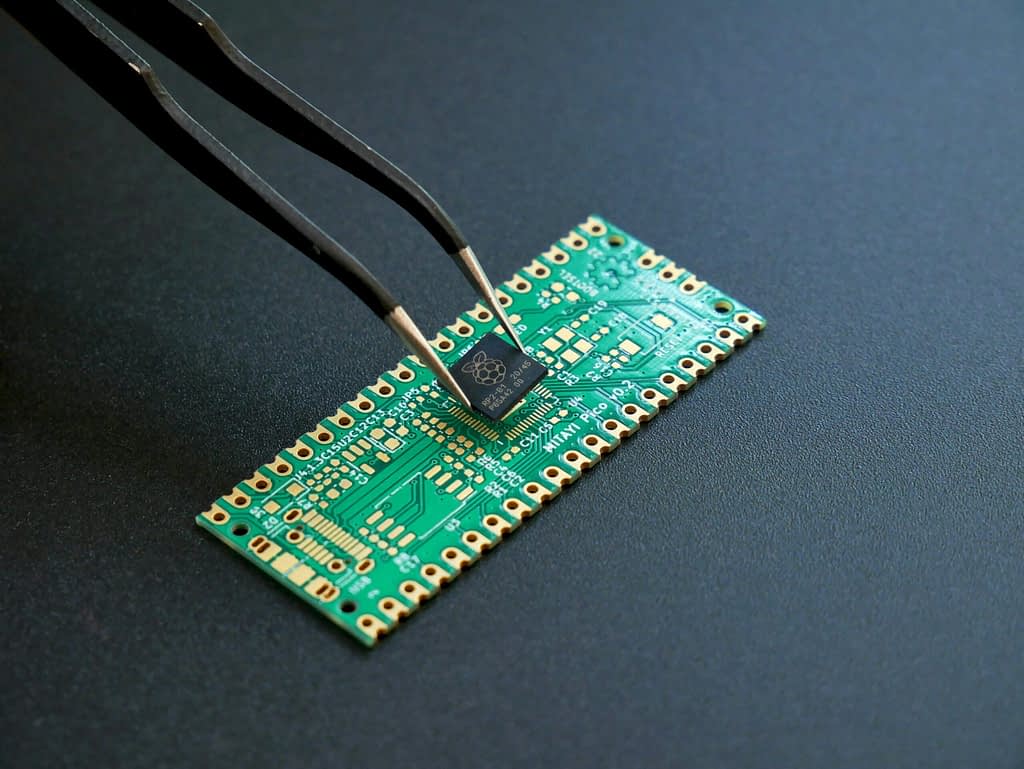President Donald Trump’s administration has launched trade probes into semiconductor and pharmaceutical imports, signaling potential new tariffs. These actions, announced Monday in the Federal Register, mark a significant expansion of Trump’s trade policies and could reshape global supply chains in critical industries.
Trade Probes as Precursors to Tariffs
The Commerce Department has initiated investigations under Section 232 of the Trade Expansion Act to examine the impact of imports on US national security for “semiconductors and semiconductor manufacturing equipment” as well as “pharmaceuticals and pharmaceutical ingredients, including finished drug products.” While these probes could take up to 270 days to complete, Trump officials have indicated they might conclude sooner. The president has consistently framed foreign production of chips and drugs as threats to national security and aims to revitalize American manufacturing in these sectors.
Potential Supply Chain Disruptions
- New tariffs could significantly impact the semiconductor industry, which generates over $600 billion in global sales annually
- Supply chains still recovering from COVID-19 disruptions now face potential new strains
- The investigation covers both legacy and cutting-edge chips used in AI applications
Industry Response
PhRMA spokesman Alex Schriver acknowledged the shared goal of boosting US manufacturing but noted that “medicines have historically been excluded from tariffs because they can lead to higher costs and shortages of life-saving medicines.”
Pharmaceutical companies will need to decide whether to absorb tariff costs or increase prices in what is already the world’s most expensive market for medications.
Global Implications
Trump’s semiconductor strategy mirrors his approach to other sectors, with steel, aluminum, and automobiles already facing 25% tariffs. The pharmaceutical measures will particularly affect Ireland, which has a $54 billion trade surplus with the US. The American biotech industry is also vulnerable, with nearly 90% of US companies depending on imported components for FDA-approved products.
Potential Exemptions
Trump has indicated he might consider temporary exemptions from his 25% automotive import tariff, giving companies time to relocate production to the US. This suggests willingness to negotiate with industry leaders, and similar approaches from technology and pharmaceutical executives are likely to follow.




